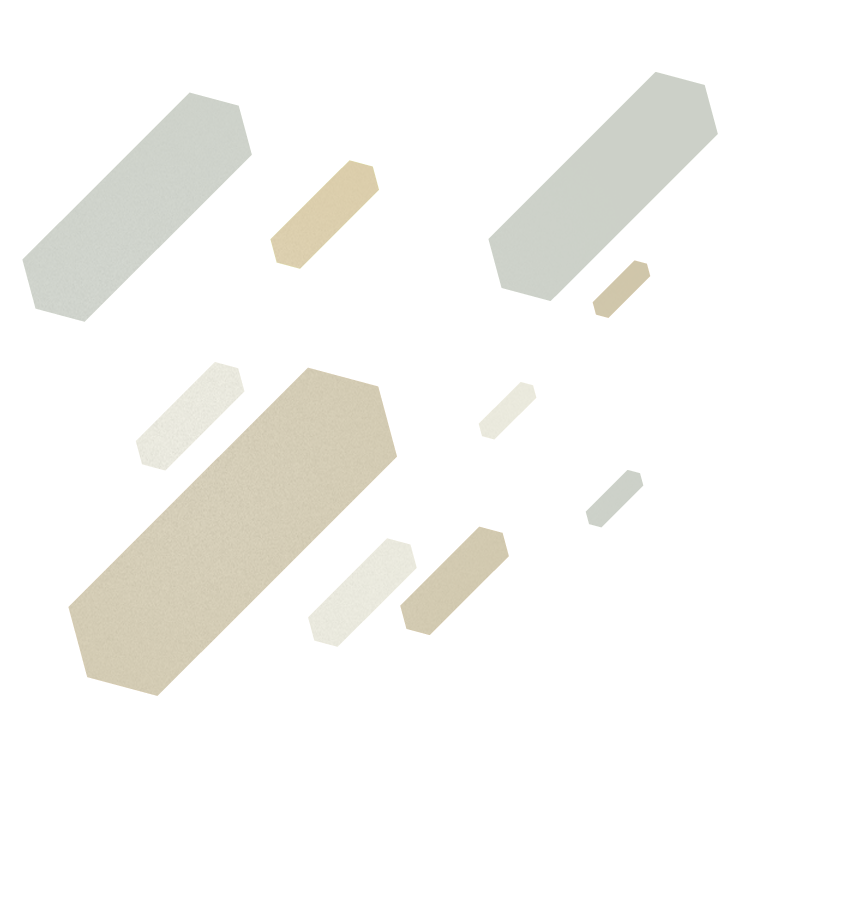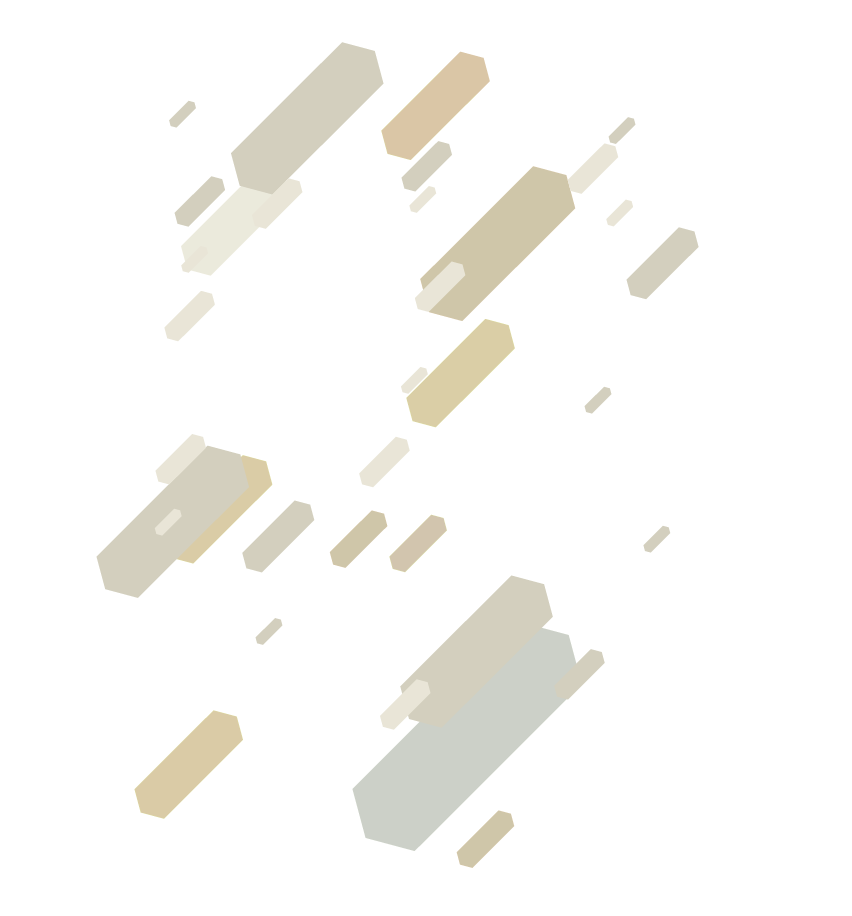


I need to explain why as a seasoned composer, I have come back to my own work of thirty years ago. When some years ago, the eminent Collegium Novum ensemble from Zurich approached me about a commission, I sadly had to turn it down, being busy with other compositions. Then I was proposed to revise an existing composition with the use of live electronics at the Experimentalstudio des SWR in Freiburg, and accepted it gladly. I suggested to work on the double bass concerto Erinnere dich an G..., which I had composed in the years 1976–77 for Fernando Grillo of Perugia. I insisted on that work because bassists had nearly forgotten it (except for an American bassist of the Ensemble Modern, a decade ago). However Johannes Nied, first bassist of the Collegium Novum, was familiar with the work: when still a student, he had participated in a masterclass run on my invitation by Fernando Grillo at the High School of Music in Freiburg, and had then performed the work a few times with the Horizonte students’ ensemble under Arturo Tamayo.
I cannot overestimate what Fernando, through his own research and discoveries, made available to me as a material for my new composition: some absolutely new, hitherto unknown ways of playing. Without him and his instrument, and without the example of his own compositions for double bass, I could not have composed Erinnere..., with all the deep innovations that it includes. I may add that I had then borrowed a double bass to try these news techniques myself (I am a former violin player). Consequently I did not consider it an urgency, and perhaps even superfluous, to subject this very heterogeneous music to even more variability through the use of electronics.
In this context, I may also recall that the Institute for New Music at the High School of Music in Freiburg had invited Luigi Nono to introduce him to the Experimentalstudio des SWR and Hans Peter Haller. As a result, Nono worked on his compositions with live electronics exclusively at the SWR Studio with Haller and André Richard. Those compositions include notable the Prometeo.
Since that time, electronic music has developed greatly, partly due to the complete digitalisation of all musical parameters. We might well compare this to a microscope: within acoustics, electronics have possibilities similar to a microscope in optics. This concerns spatialisation, frequency, rhythms, colour... in short: absolutely everything that even the most experienced listener can notice, listening to music. That “deepening of listening” through refined live electronics should not, however (as happens often nowadays, unfortunately), lead to a superficiality of musical substance. On the contrary: it should make it auditively perceptible in its entire richness and depth. This is precisely what we tried to achieve in our creative work. Hence the live electronic reworking of Erinnere dich... sounds not so much more colourful but deeper.
I wish to extend a warm thank you to Detlev Heusinger, director of the Experimentalstudio des SWR and my former student, for his support and enabling us to work for so long. My thanks also go to the Studio’s highly qualified staff, notably another student and long-time friend André Richard. Without him, I would never be able to realise my musical ideas that engaged me so strongly in that time. I am grateful to him for his insightful, congenial ideas and proposals, reaching to the very essence of music. We would also not have reached such great variety without the great virtuosity, musicianship and endurance of bassist Johannes Nied. Thank you!!!
Klaus Huber, Bremen, 16 March 2010




